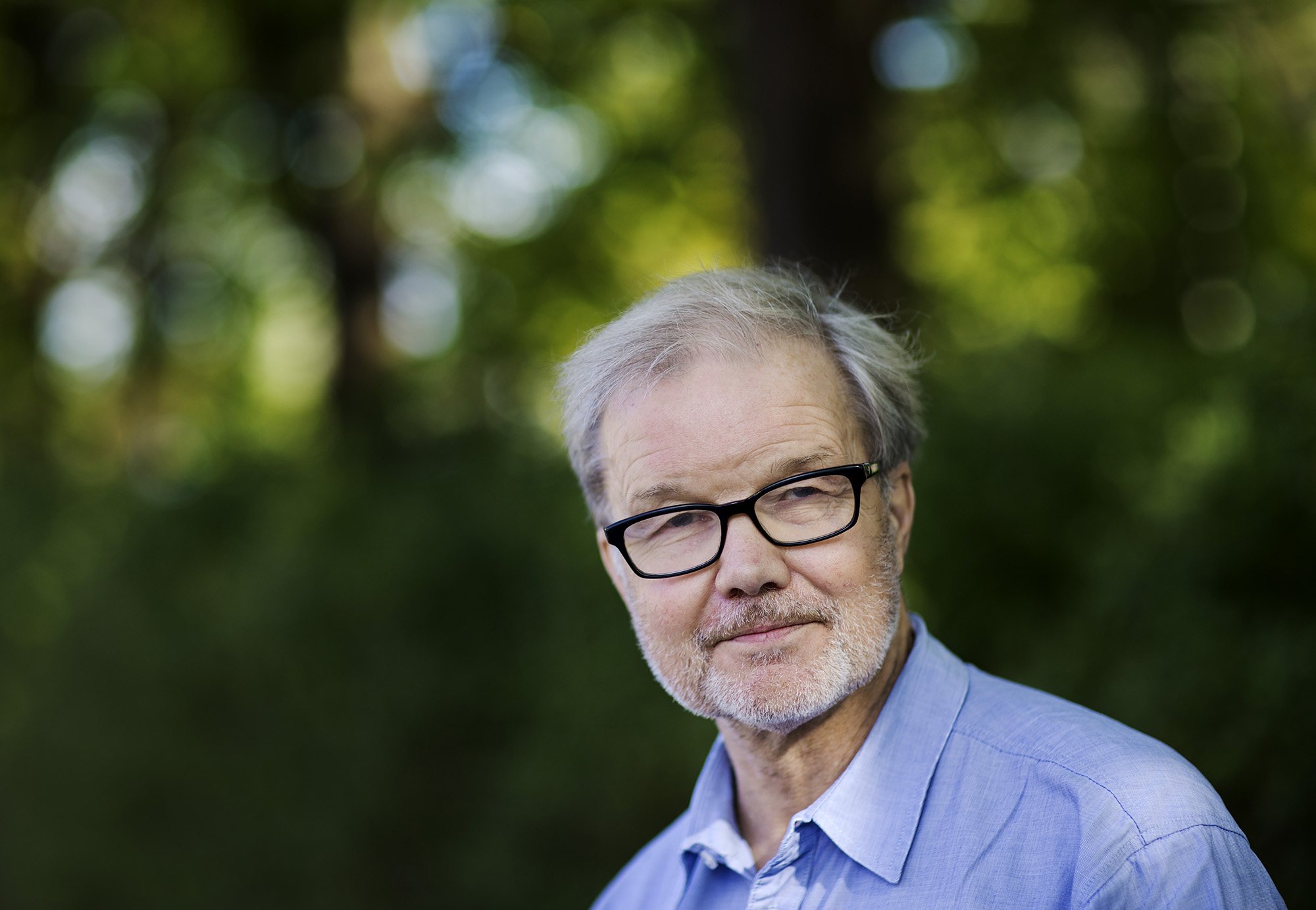- Home
- News and events
- Find news
- Decreasing prevalence of dementia among the oldest-old
Decreasing prevalence of dementia among the oldest-old
 Better treatment of stroke and higher education in later-born generations are the two main explanations for the decreasing prevalence of dementia among the oldest old, according to a new report from Swedish researchers.
Better treatment of stroke and higher education in later-born generations are the two main explanations for the decreasing prevalence of dementia among the oldest old, according to a new report from Swedish researchers.
"Between 1986 and 2008, the prevalence of dementia among 85-year-olds decreased from 30 percent to 22 precent," says Professor Ingmar Skoog, one of the researchers behind the study.
The decrease was most accentuated for vascular dementia, a disorder caused by stroke and diseases in brain vessels. The reason for the decrease was mainly the higher education in the later born group of 85-year-olds. Higher education is a known protective factor for dementia. Another explanation was that fewer persons had dementia after stroke.
"The latter is probably due to better treatment of stroke, and that risk factors for stroke, such as hypertension, are better treated today," says Ingmar Skoog.
Part of the well-known population study H70
The results of the study are published this week in the international scientific journal Scientific Reports. The study is part of the well-known H70 population study, which has examined older people in Gothenburg, Sweden, since 1971. In 1986–87, 494 85-year-olds born 1901–02 were examined. Thirty-two years later, the researchers examined 571 85-year-olds born 1922–23 using the same methods as in the 1970s.
It is estimated that the number of individuals with dementia in the world will increase from 40 million today to 140 million in 2050. This will result in a large burden for society, and for those afflicted and their relatives. If the age-specific prevalence of dementia decreases, the increase in the number of persons with dementia may be less accentuated. Still, the number of persons with dementia world-wide will still increase due to the large increase in the number of older people.
"It is therefore of great importance to find means to prevent dementia, says Ingmar Skoog, who emphasize that the results of the present study shows the importance of environmental and life styles factors."
"The results show that we have a possibility to influence the occurrence of dementia by our life style," says Professor Ingmar Skoog, who is director for the Center for Ageing and Health (AgeCap), at the Sahlgrenska Academy at the University of Gothenburg, Sweden.
Link to the article “Decreasing prevalence of dementia in 85-year olds examined 22 years apart: the influence of education and stroke. Scientific Reports 2017”
Contact: Professor Ingmar Skoog + 46 (0)709-433681 Ingmar.skoog@neuro.gu.se
Press contact: Anna von Porat +46 (0)766 186 146 anna.von.porat@gu.se
Portrait photo: Ingmar Skoog (photographer Johan Wingborg)